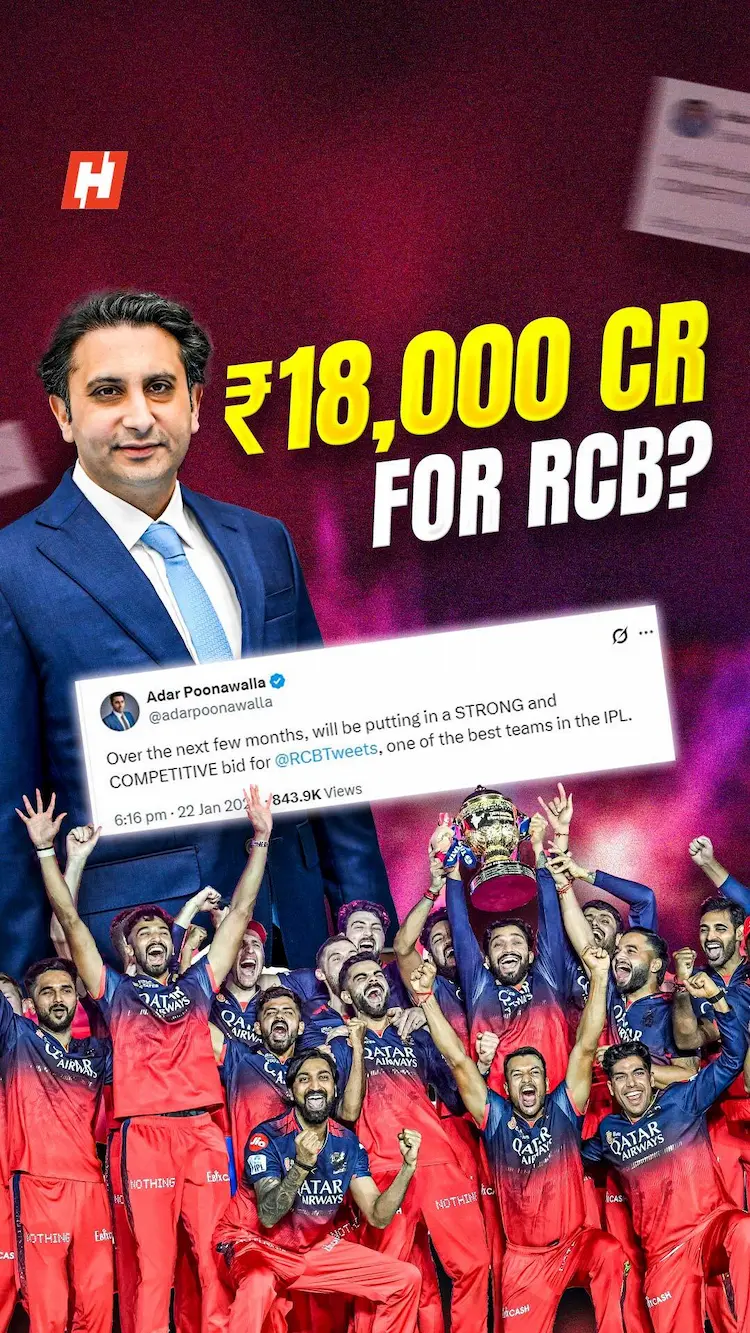"We are different from Hindus": Pak Army Chief rakes up two-nation theory
Pakistan Army Chief Asim Munir has once again reignited the controversial two-nation theory — the ideological basis of the 1947 Partition. Munir claimed that Hindus and Muslims differ in “every aspect of life”, using it as justification for Pakistan’s creation. India has consistently rejected this divisive narrative.
Munir’s pitch for the two-nation theory
In a recent address, Munir said, “Our forefathers thought we are different from Hindus in every possible aspect of life. Our religions are different, our customs are different, our traditions are different, our thoughts are different, our ambitions are different. That was the foundation of the two-nation theory. We are two nations, we are not one nation.”
He added that this belief led to the formation of Pakistan, for which immense sacrifices were made.
India’s rejection of divisive narrative
India has consistently rejected the two-nation theory, calling it a divisive colonial construct. New Delhi maintains that Indian identity is rooted in unity in diversity and that secularism is a fundamental constitutional principle. The theory, originally advocated by Pakistan’s founder Muhammad Ali Jinnah, was strongly opposed by Mahatma Gandhi, Jawaharlal Nehru, and other leaders of India’s freedom movement who envisioned a pluralistic nation.
Calls Kashmir its 'Jugular Vein'
Terming Kashmir as the "jugular vein" of Pakistan, Munir said, "My stance on Kashmir is absolutely clear...It was our jugular vein... it is our jugular vein... We will not forget it, and we will not leave our Kashmiri brethren in their heroic struggle... what they are waging against the Indian occupation..."
Strong words on Balochistan
Addressing the internal security challenge in Balochistan, Munir vowed to eliminate terrorism. “Even ten generations of terrorists cannot harm Balochistan and Pakistan,” he said. Criticising insurgents, he added, “If 1.3 million Indian Army personnel with all their weaponry cannot intimidate us, can these terrorists subdue the armed forces of Pakistan?”









